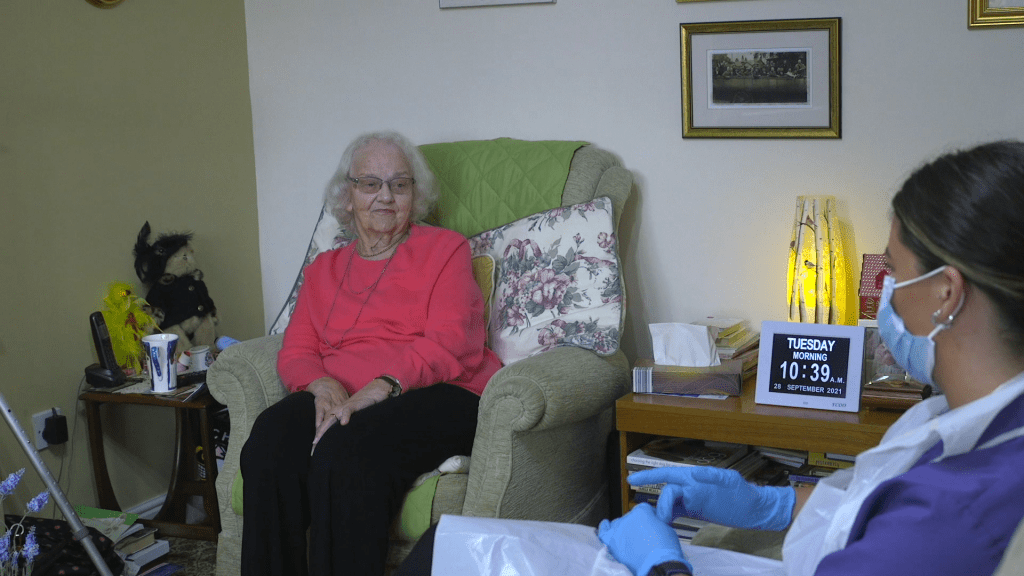As individuals age, the desire to maintain their independence remains paramount. The transition to elderly care can often raise concerns about losing personal autonomy and individuality. However, in-home care services offer a compelling solution that enables seniors to gracefully age in place while preserving their cherished independence. In this blog, we will delve into the significance of maintaining independence within an elderly care setting, explore the ways in which home care promotes autonomy, and discuss the essential supports needed to enhance or restore independence for our senior loved ones.
How to Maintain Independence in Aged Care
Maintaining independence as one grows older requires a holistic approach that addresses physical, emotional, and social well-being. Seniors can actively participate in their care plans by engaging in regular physical activity, practicing cognitive exercises, and embracing a balanced diet. Encouraging open communication with caregivers and healthcare professionals fosters a sense of control over one’s health. By staying engaged in hobbies, interests, and social interactions, seniors can continue to experience a fulfilling life, bolstering their independence.
The Importance of Individuality and Independence in Elderly Care
Preserving individuality and independence in an elderly care setting is crucial for several reasons. Firstly, it empowers seniors to make choices about their daily routines, enabling them to maintain a sense of self and purpose. Secondly, it enhances emotional well-being, reducing the risk of feelings of helplessness or depression often associated with the loss of autonomy. Finally, fostering independence can lead to improved physical health, as seniors are more likely to remain active and engaged when they have control over their lives.

How Home Care Promotes Independence
Home care is a transformative approach that empowers seniors to age in place while receiving tailored support. By allowing individuals to remain in their familiar environment, home care minimizes disruptions and reduces the stress associated with transitioning to a new setting. Trained caregivers provide assistance with daily tasks, such as medication management, meal preparation, and personal hygiene, while also encouraging seniors to engage in activities they love. This comprehensive support enhances physical, emotional, and social well-being, allowing seniors to maintain their independence while receiving the care they need.
Essential Supports for Independence Enhancement
To maintain, improve, or restore independence, seniors require a range of supports tailored to their unique needs. Physical therapy can help rebuild strength and mobility after an injury or illness, enabling seniors to regain their independence in movement. Occupational therapy focuses on enhancing skills required for daily activities, ensuring seniors can perform tasks ranging from dressing to cooking with confidence. Additionally, emotional support through counselling or support groups can alleviate feelings of isolation and anxiety, promoting mental well-being.
In-home care services have emerged as a beacon of hope for seniors seeking to age gracefully while preserving their cherished independence. By prioritizing individuality, offering comprehensive support, and addressing physical and emotional needs, home care enables seniors to lead fulfilling lives in the comfort of their own homes. As we continue to champion the importance of maintaining independence within elderly care, it is imperative to recognize that each senior’s journey is unique, deserving of tailored assistance that empowers them to embrace life to the fullest.
If you would like to find out more about our homecare services, then please don’t hesitate to get in touch with our team at Lifestyle Homecare today.

